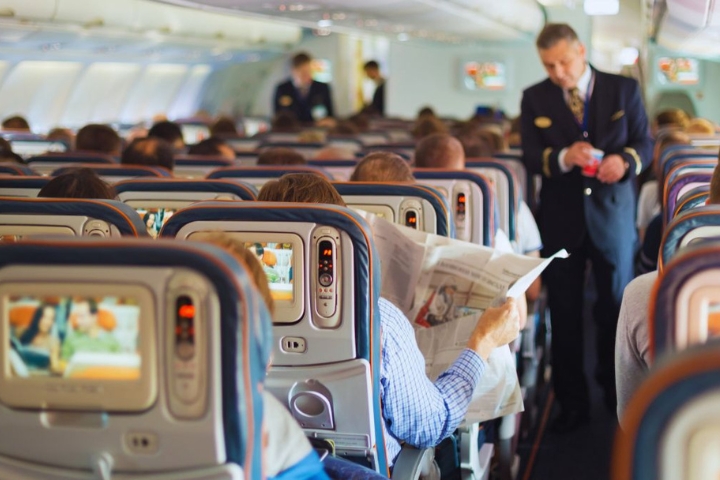Scientists have proposed an innovative approach to lowering the aviation industry’s carbon footprint. A recent study suggests that flying at slower speeds and extending flight durations could significantly reduce emissions.
Achieving Sustainable Aviation Goals
Although the aviation industry aims for net-zero emissions by 2050, researchers believe this goal may be unattainable. However, they suggest that the new method could achieve a 50% reduction in fuel consumption by the same year.
The aviation analysis conducted by the University of Cambridge outlines several sustainable goals that the industry can pursue to mitigate its impact on climate change.
According to the study, aviation accounts for approximately four percent of the rise in the global warming rate, with 2.5 percent of that attributed specifically to global CO2 emissions.
The researchers emphasized that increasing flight times and flying at slower speeds can lower fuel consumption. They recommend reducing flight speed by approximately 15 percent to achieve a five to seven percent decrease in fuel burn.
However, passengers would likely face longer travel times, as this method could add at least 50 minutes to flights. Given that airplanes are generally viewed as a faster means of transportation, many may be reluctant to embrace this change.
Proposed Changes To Enhance Efficiency In Aviation
The study’s authors propose a solution, suggesting that improved airport organization can help manage travel time by reducing wait times. Additionally, they recommend designing planes to operate efficiently at slower speeds to accommodate the extended flight durations.
Implementing these changes would necessitate system-wide adjustments. Additionally, there could be impacts on productivity, and passengers may be reluctant to book longer flights.
The report is set to be presented to industry leaders this week in New York City.
“Aviation stands at a pivotal moment, much like the automotive industry in the late 2000s,” Professor Rob Miller, director of the university’s Whittle Laboratory, said in the announcement.
“Back then, discussions centered around biofuels as the replacement for petrol and diesel – until Tesla revolutionized the future with electric vehicles,” he continued.
He added that the bold measures require a “whole systems process change”, so implementation is not yet underway.





GIPHY App Key not set. Please check settings